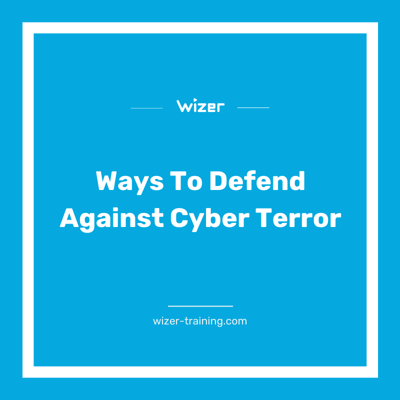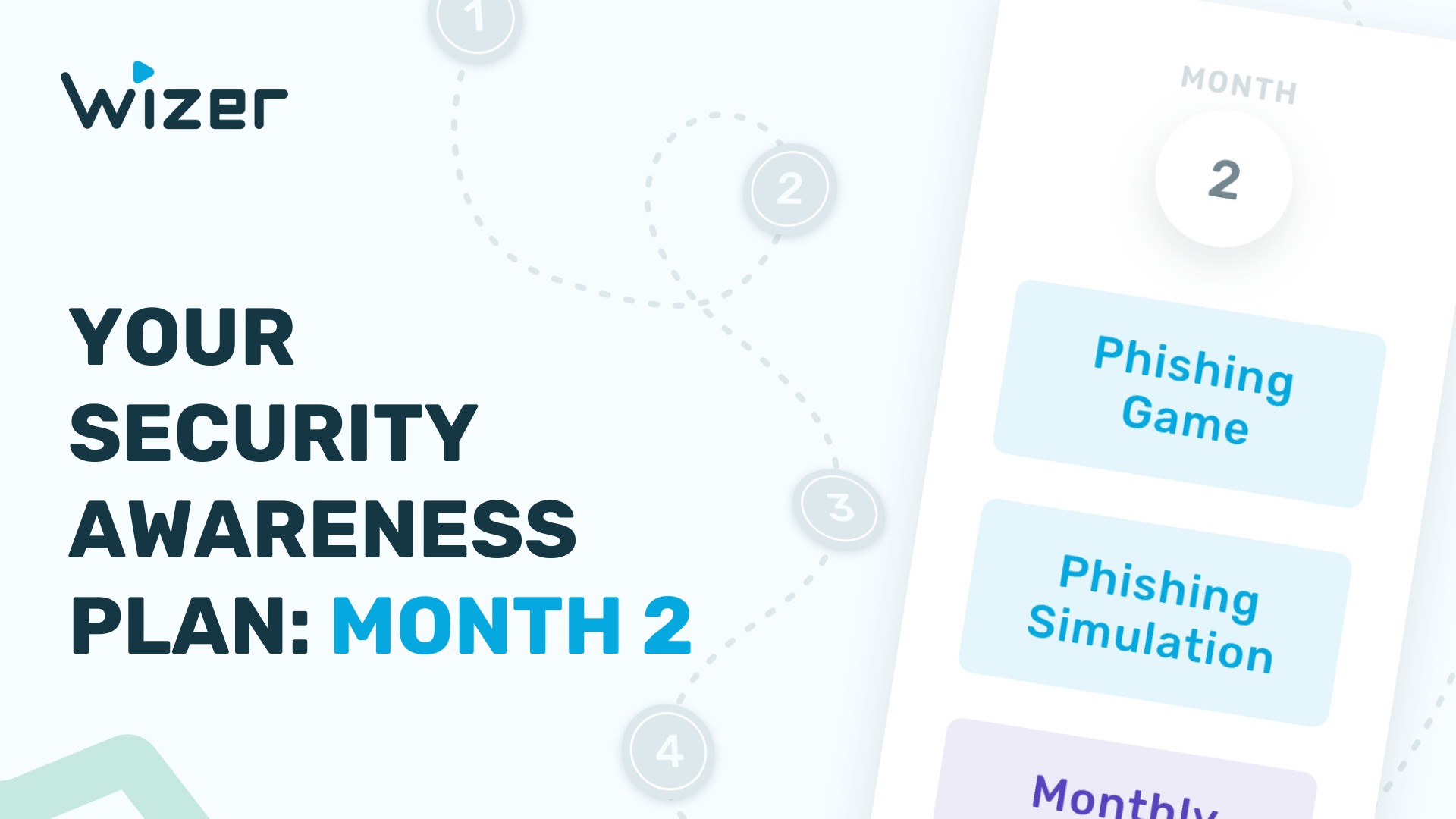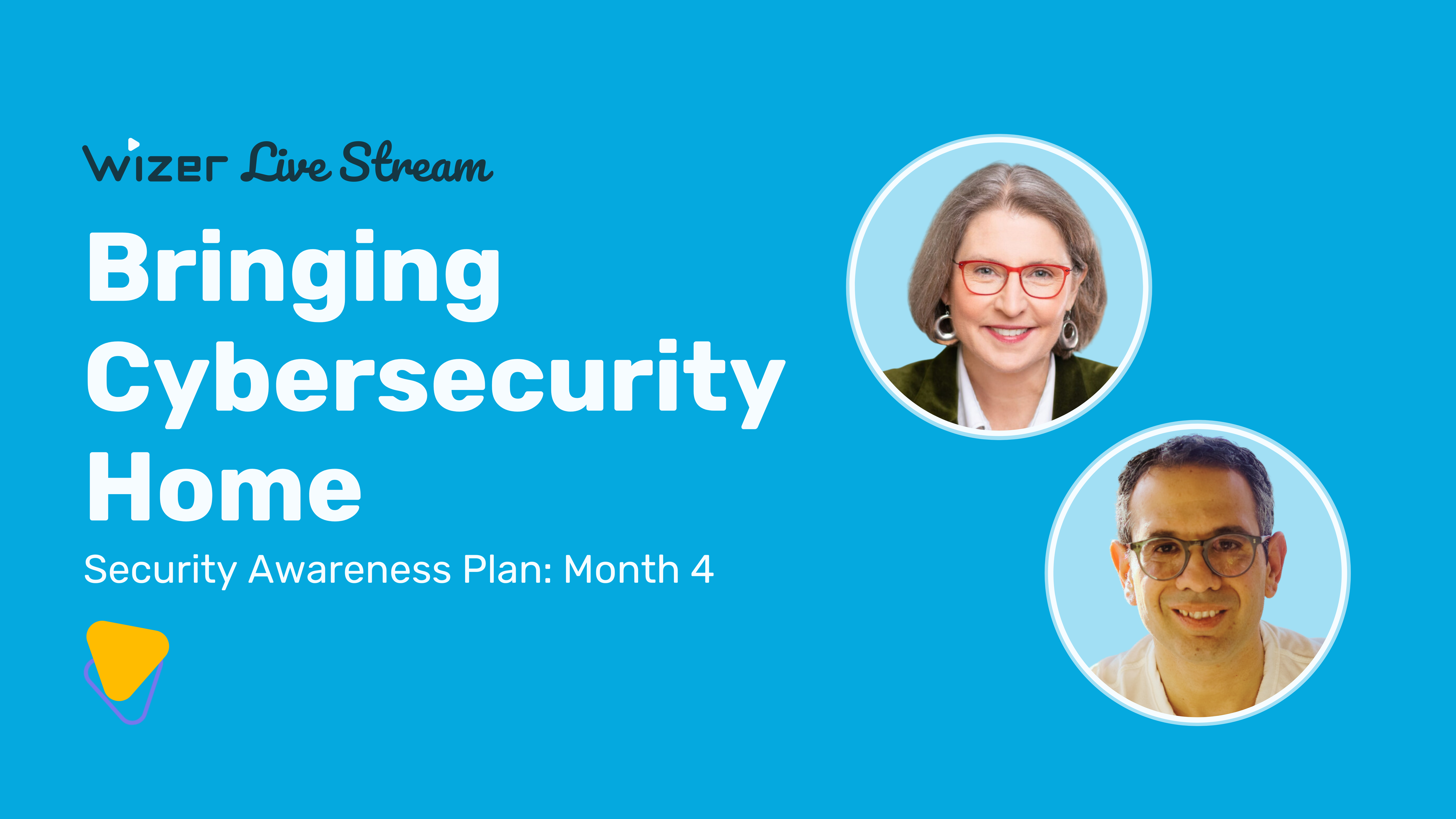How To Protect Against Cyber Terror
With the recent terror attacks on the State of Israel and its citizens the physical atrocities are not the only battle being waged - there are many attacks being attempted not only on Israel's infrastructure but against individuals through their devices from hacking personal accounts to spreading false information to sow fear and chaos.
It's crucial to arm ourselves with knowledge and take proactive steps to defend against these threats.
Cyber Threats in the Modern World
The digital age has opened up new avenues for cybercriminals to exploit our vulnerabilities. It's unsettling to think that terrorists can gain access to phones and computers of kidnapped or deceased individuals, using these accounts to infiltrate personal connections, such as friends, WhatsApp groups, and Facebook. In times like these, it's essential to understand how to protect ourselves and our loved ones from such malicious intent.
Here are some practical tips to help you defend against cyber threats in these challenging times:

1. Be Mindful of Your Location
When sharing videos or images online, especially in real-time on platforms like Instagram or Facebook Live, be cautious not to reveal your exact location. This information can be exploited by malicious actors for various purposes. Get more tips on securing your mobile device here.
2. Verify Information
In today's age of information overload, it's crucial to verify the truth of the information you receive before sharing it. Refrain from spreading rumors or forwarding suspicious content without verifying its authenticity. When in doubt, take the time to investigate the source of the information.
3. Handle Unidentified Calls Wisely
If you receive an unidentified call, consider not answering it. In case you do answer, avoid sharing private information or responding to requests for personal details or actions. When in doubt, disconnect and call someone you trust to verify the legitimacy of the call.
4. Avoid Clicking on Unknown Links
Refrain from clicking on links from websites you're unfamiliar with. These links can lead to various forms of cyberattacks and may even expose your location. Cybercriminals often use deceptive links to lure victims into their traps which is also known as phishing attacks. Learn more about identifying phishing attacks here.
5. Strengthen Your Passwords
Use strong, unique passwords for different online accounts. A strong password should contain at least 12 characters, including a mix of letters, numbers, and symbols. Using the same password for multiple accounts can make you more vulnerable to breaches. Below is an easy way to create easy-to-use but strong passwords.
6. Enable Two-Step Verification (aka 2FA)
Enable two-step verification (aka 2FA; also known as multifactor authentication or MFA) for all your important accounts, such as email, WhatsApp, and social media. This additional layer of security helps protect your accounts from unauthorized access even if your password is stolen. Not sure where to find it? Check out our quick guide to help you get it set up fast.
7. Be Wary of Impersonation
In the digital world, impersonation is a real threat. There are applications that can sample and duplicate a person's voice from videos they've uploaded online. If you receive a call from someone who sounds like a family member or friend in distress, it's best to disconnect and call the known number of that person to verify the situation.
Additionally, consider establishing a secret code or phrase that only your family knows. This code can be used in times of distress to ensure that a message or call is legitimate and not an impersonation.
8. Question the Source
Always question the source of information and calls. The assumption should be that you don't know who you are interacting with, and the information received may not be reliable. This skepticism can help protect you from falling victim to malicious intent.
9. Avoid Spreading Harmful Content
Finally, as responsible digital citizens, we should refrain from spreading content that can harm mental health or contribute to psychological warfare. By avoiding the dissemination of videos and information that can weaken our collective resilience, we deny cybercriminals a potent weapon against us.
It's essential to stay informed, stay vigilant, and take practical steps to protect yourself and your loved ones from cyber threats in these challenging times. By following these guidelines, you can contribute to a safer, more secure digital environment for all.
Ayelet HaShachar Penrod
A passionate security awareness advocate, I connect and support security professionals as a Community Manager while also managing customer accounts for **Wizer Managed**, our security awareness service. Driven by 4 years of learning from cybersecurity experts, I’m committed to making security awareness accessible to all—individuals, small businesses, nonprofits, and enterprises alike.


